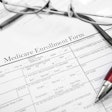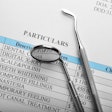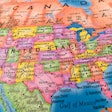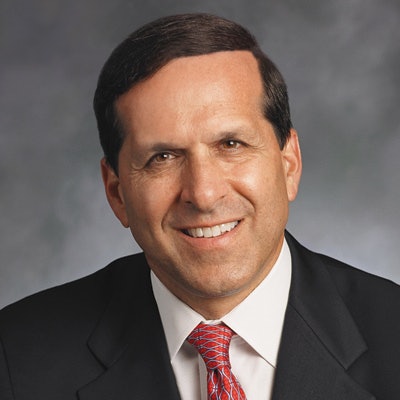
COVID-19 is a global pandemic. You should always be prepared in advance for the inevitable emergency your practice will face. At Levin Group and Dental Business Study Clubs, we take very seriously our job of helping you protect and grow your practice.
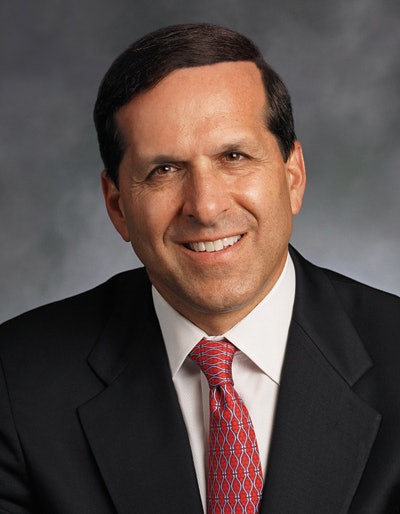 Roger P. Levin, DDS, is the executive founder of the Dental Business Study Clubs.
Roger P. Levin, DDS, is the executive founder of the Dental Business Study Clubs.The current situation with COVID-19 brings to the forefront an important issue for every dental practice -- your emergency preparedness plan. We want to take a few moments to reach out to you to address some concerns we have received from many clients on the COVID-19 virus and its potential impact on dental practices. The spread of the SARS-CoV-2 coronavirus responsible for COVID-19 has taken root across the U.S., and new information is arriving hourly. As much as we should be concerned about the spread of the virus, we shouldn't be hitting the panic button. Now is the time to plan and ensure that our business continuity strategies are ready to go.
It is time to plan and answer the question "What if?" Many of our clients have asked us what to do in the face of the COVID-19 outbreak, and much of the answer to that question matches the emergency preparedness guidelines for business systems that we teach our clients. For example, right now you should be asking yourself if you are prepared if your employees need to stay home due to quarantine or a similar occurrence?
Emergency preparedness
Let's focus on the current emergency to talk about how to always be prepared. We are all highly attentive to the COVID-19 pandemic and its implications personally and professionally. There's a great deal that we do know and perhaps an even greater amount that we do not know. However, emergency preparedness will be critically important for all types of practices.
Keep in mind that most practices will not face many of these issues, but, if you do, being prepared in advance can make the difference in how severe the effects will be.
Key points
1. Staff illness policy
A cold or flu-like illness today could turn out to be COVID-19, and this requires a new attitude and way of thinking. The ADA has issued guidelines stating that staff experiencing influenza-like illness (ILI; fever with either cough or sore throat, muscle aches) should not report to work.
Review your manual to see if you have a policy for staff members who become ill. You do not want staff members who are feeling ill in the office, and, because test kits may not be readily available, you will not be able to wait until they are tested. Determine your policy. Do you want them back when they feel better, or do you want them to self-quarantine for 14 days? How many missed days will be included in sick leave, and how many days will be paid leave? Can they use vacation time to recover? Does your policy manual state that a doctor's note is required, and should that be waived given that COVID-19 is a pandemic? In any human resources or payroll-related policies, check your state laws to always remain in full compliance. Also, realize that modifications to state and federal employment laws and any new government policies may override your internal policy, so be sure to stay well informed.
Communicate your policies clearly with the team. If you don't shape the message in advance, then rumors begin. People will make their own decisions, and they may not be in the best interest of themselves or the practice. Also, keep in mind that your team members are also everyday Americans who have a great deal of anxiety about the pandemic. Let them know your current policies regarding COVID-19, and show compassion and support for the well-being of all team members and patients.
2. Staff travel policy
Most offices do not have an official policy that addresses staff travel. Although travel restrictions for leaving and entering the country issued by the government are likely to increase (currently there's no travel coming from Europe), you may want to establish and communicate a policy for your team members who leave the country and return or those who visit any "hotspots" in the U.S. Have any of your staff members left the country with in the last 30 days? Have any traveled to areas that are high risk? How many days after returning will staff members be permitted to return to work?
1 | Next page














